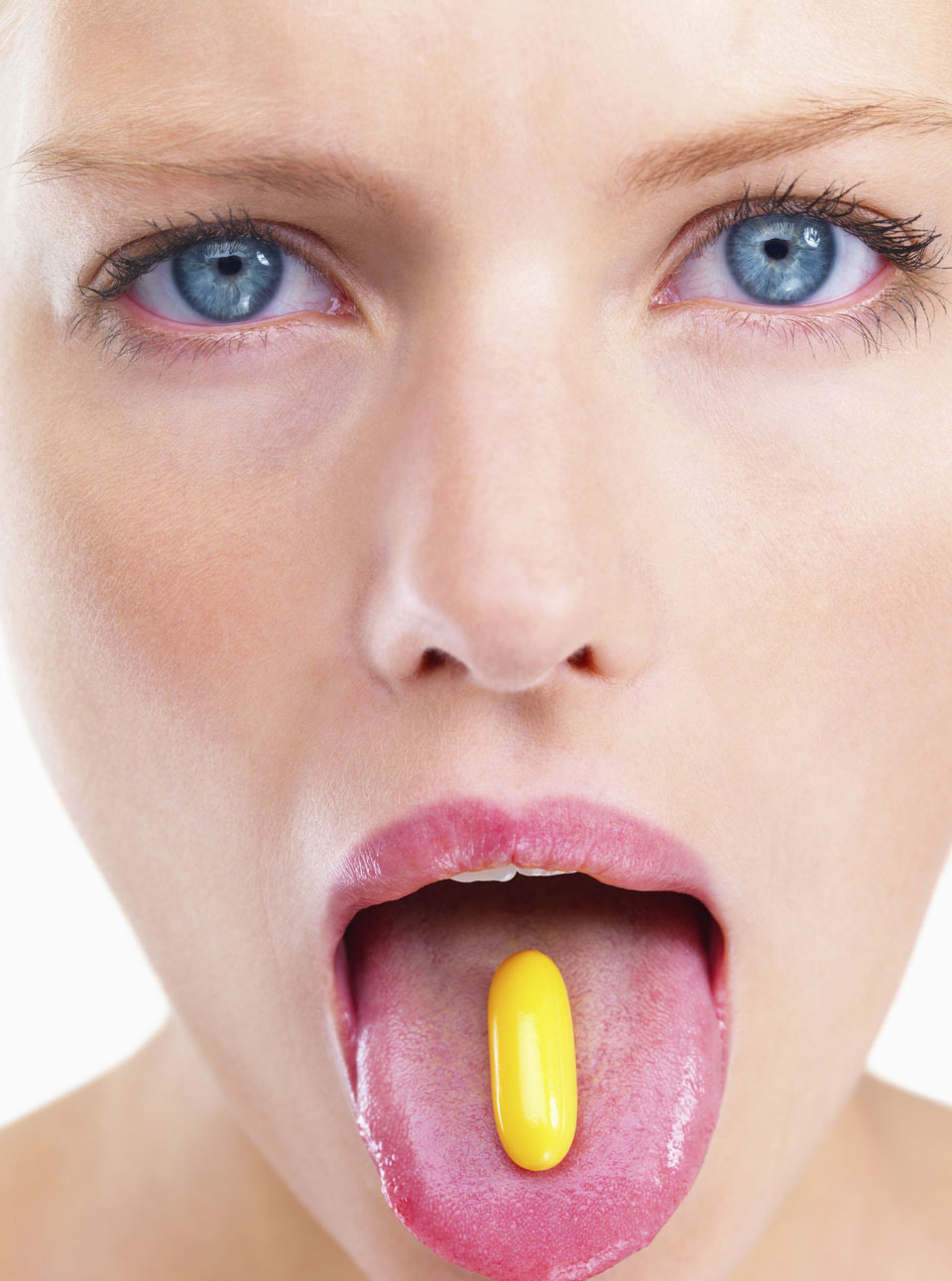Most GPs Admit To Giving Patients Placebos
Poll shows most GPs have prescribed a patient a placebo drug

Poll shows most GPs have prescribed a patient a placebo drug
A survey of 783 family GPs has found most have prescribed at least one patient a placebo drug during their working lives.
A whopping 97 per cent said they had recommended either a sugar pill or treatment with no established efficacy for a patient's health complaint, and one in 100 said they had given a patient a sugar pill or injection of salty water at least once a week.
The authors of the study, published in journal PLOS One, say doctors do this to help, not deceive their patients, as the Royal College of GPs says there is a place for placebos in medicine.
GPs who responded to the survey said they used placebos to either reassure patients or because patients had requested them.
However, study authors warned of sham treatments causing problems such as drug resistance. For example, one placebo treatment indentified was antibiotics prescribed for suspected viruses, despite antibiotics being powerless against viruses and GPs being told to only give them where needed.
Dr Clare Gerada, chairwoman of the Royal College of GPs, said it was acceptable to use a placebo as long as it did not cause harm and was not expensive.
Celebrity news, beauty, fashion advice, and fascinating features, delivered straight to your inbox!
'Lots of doctors use them and they can help people. If you think about it, a kiss on the cheek when you fall over is a placebo.
'But there are risks. Not all of the placebo treatments that the researchers looked at in this study are inert. If you take too many vitamins, for example, some can cause harm.'
She added although fobbing off patients with an ineffectual treatment was never acceptable, 'admitting to your patient that you do not know exactly what is going on, but that a therapy might help is.'
The placebo effect, which happens when a patient feels better although they have taken a medicine with no active ingredient, has been previously shown by other tests and studies to be strong.
For example, one study on patients with irritable bowel syndrome found they reported improvements despite knowing they were taking a placebo.
The leading destination for fashion, beauty, shopping and finger-on-the-pulse views on the latest issues. Marie Claire's travel content helps you delight in discovering new destinations around the globe, offering a unique – and sometimes unchartered – travel experience. From new hotel openings to the destinations tipped to take over our travel calendars, this iconic name has it covered.